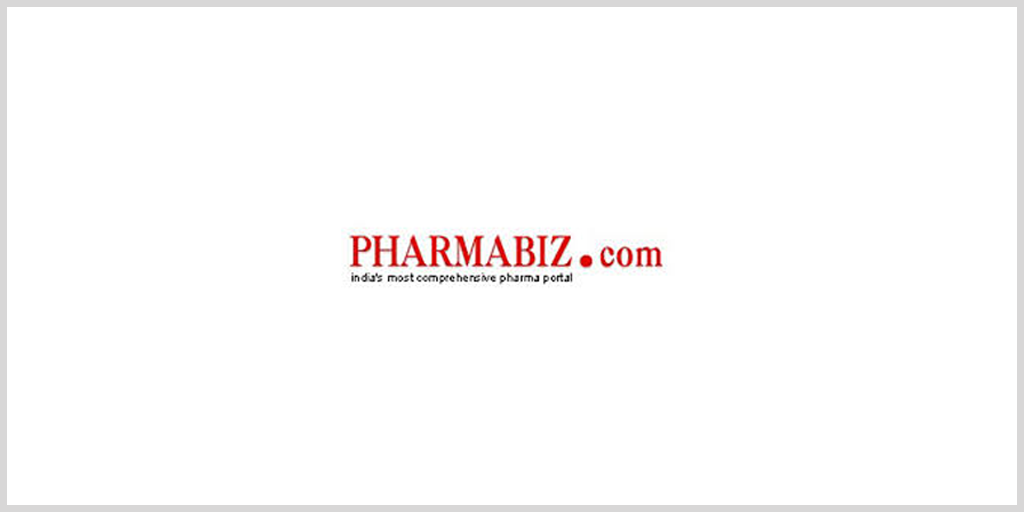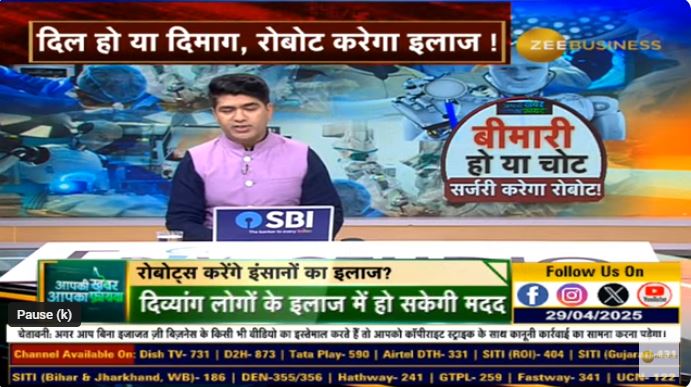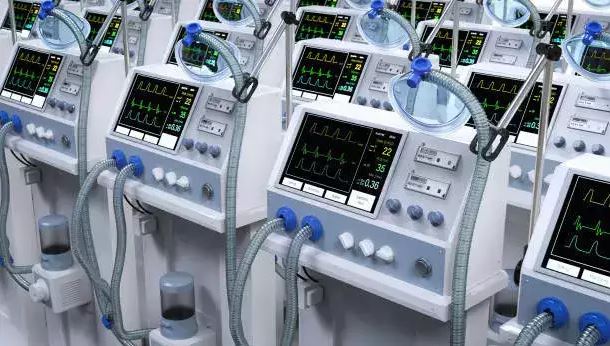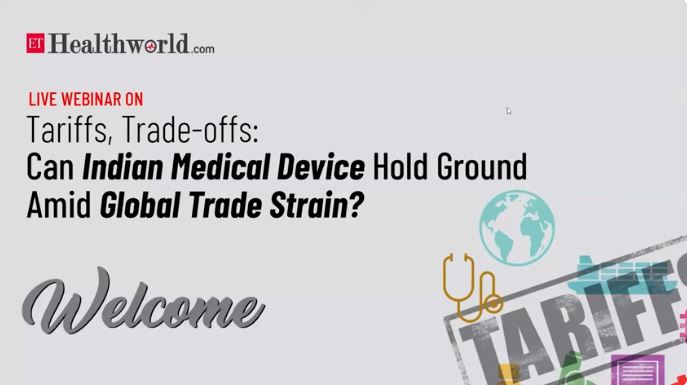The Medical Technology Association of India (MTaI) has recommended reduction in custom duties at the minimum to 2.5% and removing additional 5% health cess imposed on imported medical devices among others as part of budget 2023-24 recommendations.
This will help in ensuring patients get long-term access to quality medical devices especially as more than 86% of medical devices are imported.
Another important area of focus is to have a predictable pricing policy for the medical device industry. This should follow with the proven and predictable pathway of trade margin rationalization as adopted successfully during the pandemic for certain medical devices, MTaI has suggested.
“In order to give the much required fillip to the industry, the Public Procurement Order (PPO) should be backed by empirical studies, labeling requirement under Legal Metrology (Packaged Commodities) Rules, 2011 and Quality Control (QC) Orders which add redundant compliance burden to the Medical Technology industry should be done away with”, said Pavan Choudhary, director general, MTaI.
“We are constantly in consultation with the government in order to improve the ease of doing business in the country, particularly in the MedTech sector. Some of the key recommendations we have made to the government are regarding the ease of starting a business, the registration procedure, the regulatory regime, business credit availability, taxes and cross-border trade. While India has done well in many areas, propelling its EODB rankings to 63 in 2022 from 142 in 2014, according to a World Bank report,” he added.
“There are still several improvement areas that need urgent resolution. These are high taxes and tariff rates, which are the highest among all neighbouring countries. The public procurement policy also needs a relook, as in the current form it is very restrictive which is a big concern as 86% of India’s medical devices are imported,” he further added.
In India, medical devices or equipment are regulated by the Drugs Controller General of India (DCGI). All medical devices are mandated to conform with ISO 13485 post September 30, 2021, which ensures that products and services are safe, reliable and of good quality. The MedTech industry also has to comply with Quality Control Orders (QCOs)/Compulsory Registration Orders (CROs) issued by various ministries from time to time.
However, these QCOs/CROs add to the compliance burden without any additional value addition to the already regulated medical devices. Furthermore, it affects local manufacturing, R&D, service and maintenance of installed medical devices in the country impacting their uptime for patient diagnosis and timely treatment. Therefore, MTaI has recommended a broad exemption for regulated medical devices from additional QCOs/CROs.
MTaI currently represents 47 research based medical device and equipment companies with global experience in innovation and manufacturing. Many of them have made remarkable investments by setting up a large number of R&D centres and manufacturing plants in India. Together they serve patients across many areas of care like cardiology, oncology, ophthalmology, diagnostics, orthopaedics, etc.




